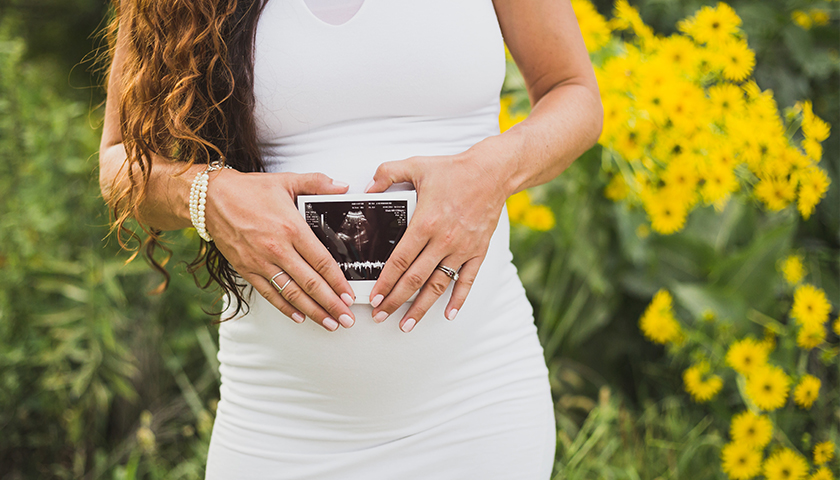by Laurel Duggan
The United States Supreme Court heard arguments Monday on the constitutionality of Texas’ Heartbeat Act.
The Texas law effectively bans most abortions after a fetal heartbeat can be detected, which typically occurs around 6 weeks after conception. The law is enforced through civil lawsuits against individuals who perform abortions illegally or who knowingly help women to get abortions after the baby has a heartbeat.
The private enforcement mechanism was a response to district attorneys stating their intent to not enforce any abortion bans, according to Republican Texas state Sen. Brian Hughes. While abortion bans are frequently blocked in court, Texas’ Heartbeat Act quickly resulted in a 50% decline in abortions performed in the state, according to The New York Times.
Justice Brett Kavanaugh questioned Texas about the prospect of other states creating laws with similar enforcement mechanisms to block constitutionally protected rights such as freedom of religion.
 Marc Hearron, senior counsel to the Center for Reproductive Rights, told Justice Sonia Sotomayor the law created a “chilling effect” on the exercise of constitutional rights. Justice Gorsuch questioned Hearron on whether this effect was unique, citing gun restrictions, pandemic restrictions and restrictions on religious liberty.
Marc Hearron, senior counsel to the Center for Reproductive Rights, told Justice Sonia Sotomayor the law created a “chilling effect” on the exercise of constitutional rights. Justice Gorsuch questioned Hearron on whether this effect was unique, citing gun restrictions, pandemic restrictions and restrictions on religious liberty.
The Supreme Court will hear Dobbs v. Jackson Women’ Health Organization Dec. 1. The case is a direct challenge to Roe v. Wade and Casey v. Planned Parenthood.
– – –
Laurel Duggan is a reporter at Daily Caller News Foundation.




